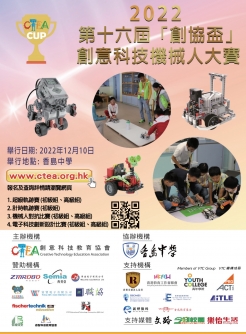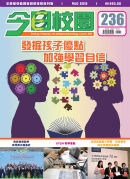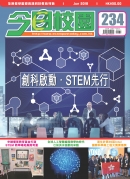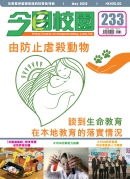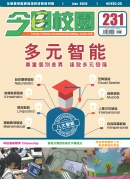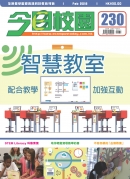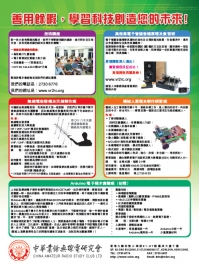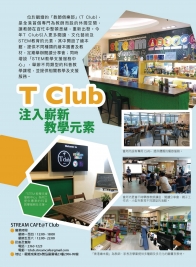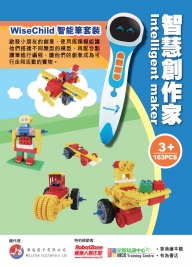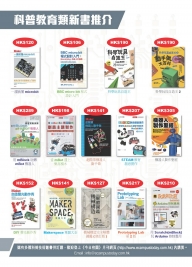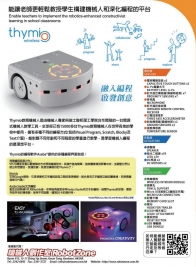Writing Question:
In Hong Kong many terminally ill patients have no choice but to wait for an exceedingly long amount of time for an organ donation. Some attribute this phenomenon to the general apathy towards organ donation in the city. Write an article to your school magazine, explaining the phenomenon and suggesting feasible measures to turn the situation around.
Saving lives with an action
Recently, the sad case of 43-year-old Tang Kwai-sze highlighted the issue of organ donations in April, drawing our attention to the irrefutable fact that we have long swept under the rug - the organ shortage problem in Hong Kong is alarming. According to the Hospital Authority, as at 2018-07-13, there are 285,352 registrations in organ donations, compared to the population of 7 millions, it is only a small portion. So, what lead to this issue and what can be done to alleviate the dire situation?
To commence, a survey done by the Hospital Authority revealed that the most conspicuous reason why people refuse organ donation is the cultural and religious beliefs, leading to an ignorance to this solemn topic. Especially most Chinese, having the wretched idea of bodily integrity, are unwilling to donate a part of their body to save lives. This somewhat superstitious practice stands in the way of helping those in need and it has been cited as one of the major causes. They see “death” as a taboo and always steer away from talking about it, let alone contemplating to be an organ donor. Don’t you feel sorrow to those terminally ill patients when the general is having misguided concepts? The backward mindset is blocking the chance for those patients to survive and bringing them an overwhelming sense of helplessness. Thus, undeniably the reprehensible beliefs contributed a lot to the reluctance of organ donations to Hong Kong people and a relatively lower participation rate of it as opposed to other metropolitan cities. It is hardly an overstatement to say that the cultural and religious beliefs remain an obstacle to organ donation.
Apart from that, another reason is the family’s uncertainty of family members’ wishes for organ donation. The HKU made an intriguing discovery that most families don’t talk about organ donation in a family interaction. Some 74% even said that they are afraid of getting onto the nerves of parents and receiving derogatory comments on this topic even if they are willing to be an organ donor. A lack of interaction among families also resulted in the lower rate of organ donation, and it is seen as the general apathy. After a member dies, other members are not sure about the deceased’s wish and they cannot decide going for a donation. 4 months ago, a case from a couple, the husband died and the hospital was asking the wife if she could sign for the liver donation to save a terminally ill patient. The wife indicated that she had uncertainty about her husband’s wish and made refusal which resulted in the patient died as not getting the organ transplantation. This saddening case demonstrated how the uncertainty of someone’s wishes may unintentionally kill lives.
Flipping through numerous news reporting patients dying during their wait for organs, we do not really have the luxury to sit and watch with folded arms. A lower rate of organ donation and the citizens’ indifference must be addressed immediately with some measures before it further goes downslope.
First and foremost, education is the crucial part to erase the misguided notions in the public. Tools like advertisements, leaflets, posters or even through social media should be taken into account to give knowledgeable of organ donation for the general. Figures like the donation rate, the amount of patients waiting for organs, the amount of each organ needed etc should be shown in order to reflect the dire situation and raise the public’s awareness and passion. Education among all age groups about the prominence of organ donation must be done in places like schools or even the community. Only through education can the public gain the right concept of organ donation. They are more likely to turn away from their backward thinking after they learn how an action or decision can help the needy who has been desperately waiting for so long. Therefore, education is the key!
Furthermore, to solve the problem of people having uncertainty of someone’s wish, some policy should be introduced to increase the rate of organ donation. A system of presumed consent of organ donation should be implemented in Hong Kong. It is believed that it can encourage more citizens to participate in organ donation since many countries like Australia is a good sample. It is understood that making a decision to click the button to register as an organ donor needs a lot of courage, which may lead to some people at the end ignore it. Thus, the scheme of presumed consent of organ donation can help in these cases. Still, we all have our right to say no if we really don’t want to, but it can boost the number of donors and make everyone contribute to the society.
An action can help us do a meaningful job - save precious lives! Participating in organ donation can flourish our city and make Hong Kong a more loving society. Let’s do it!
Mavis Li, 5A
иЁӮй–ұж–№жі•пјҡ и«ӢжҢүжӯӨиҷ•
иЈңиіјжҹҘи©ўпјҡжӯЎиҝҺиҮҙйӣ»гҖҠд»Ҡж—Ҙж Ўең’гҖӢиЁӮй–ұйғЁ 2342-8298 (鄧е°Ҹе§җ)




